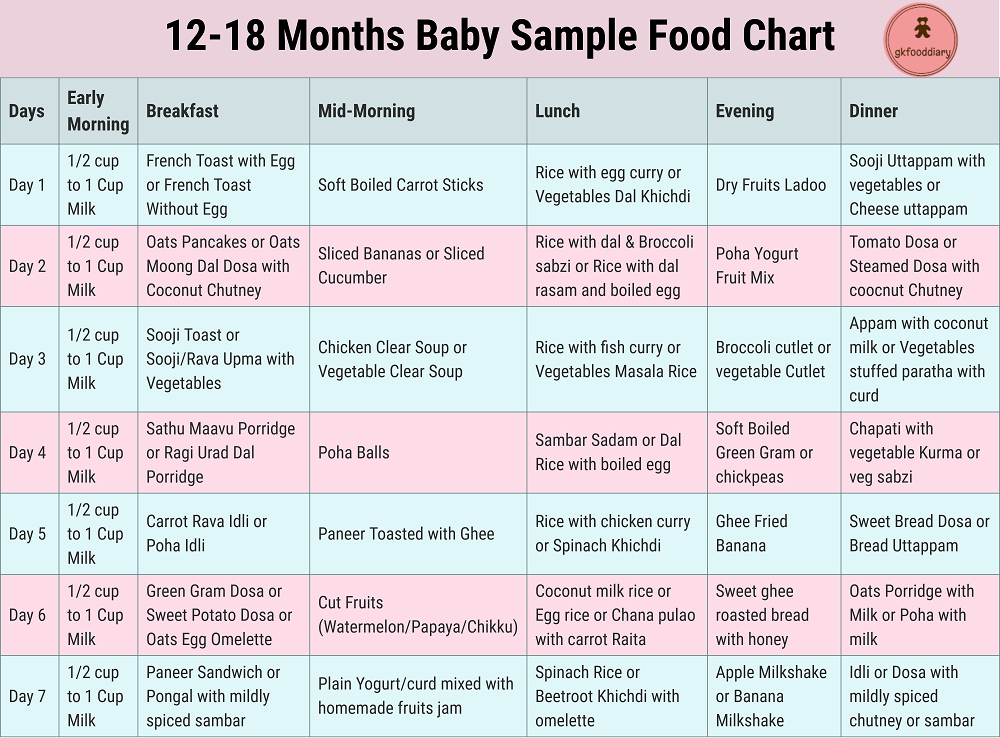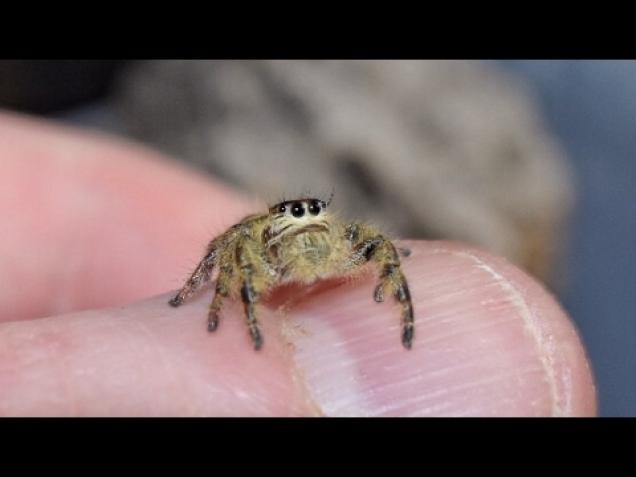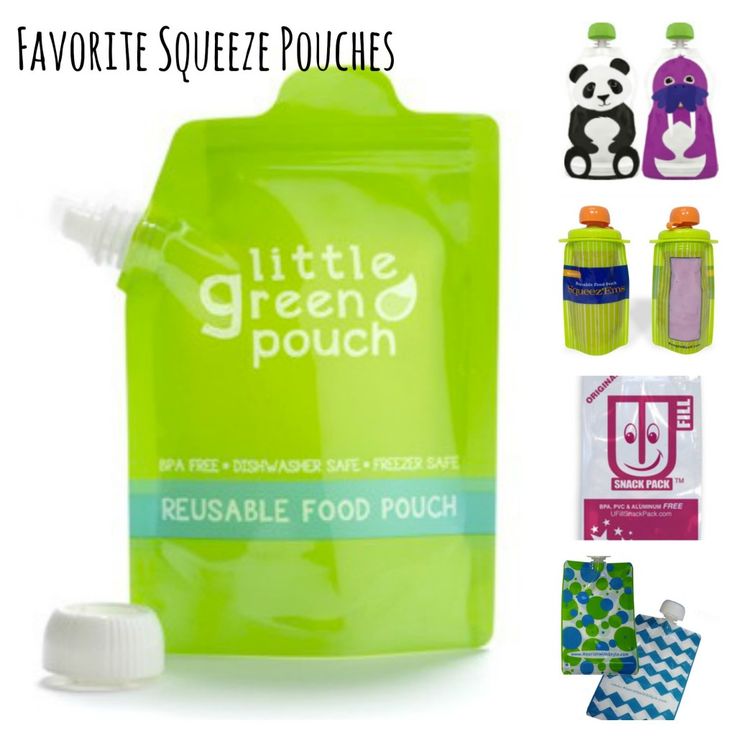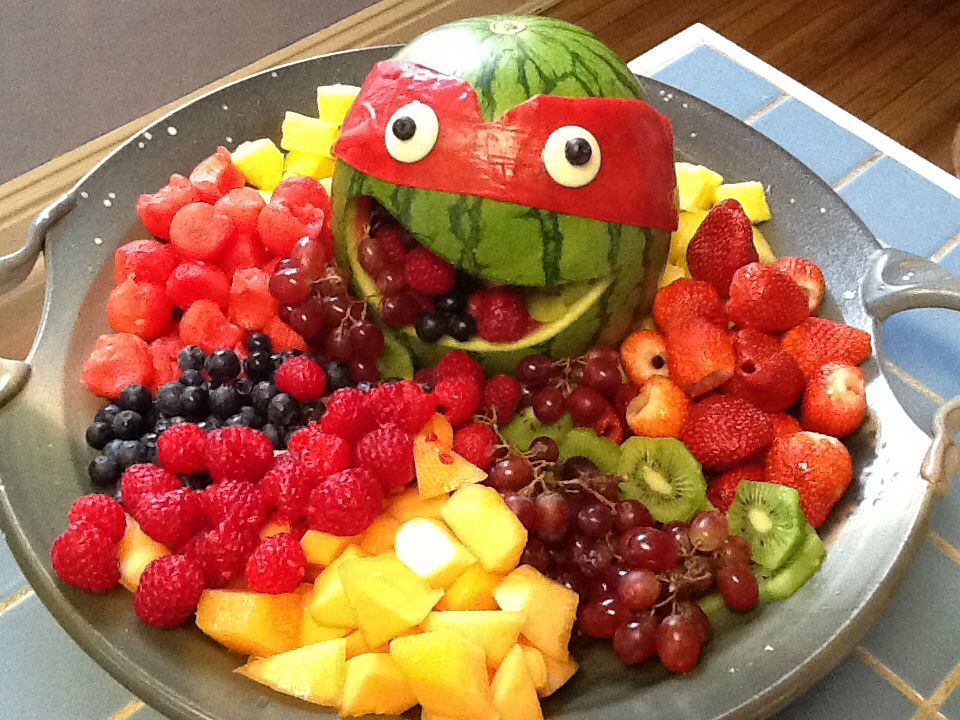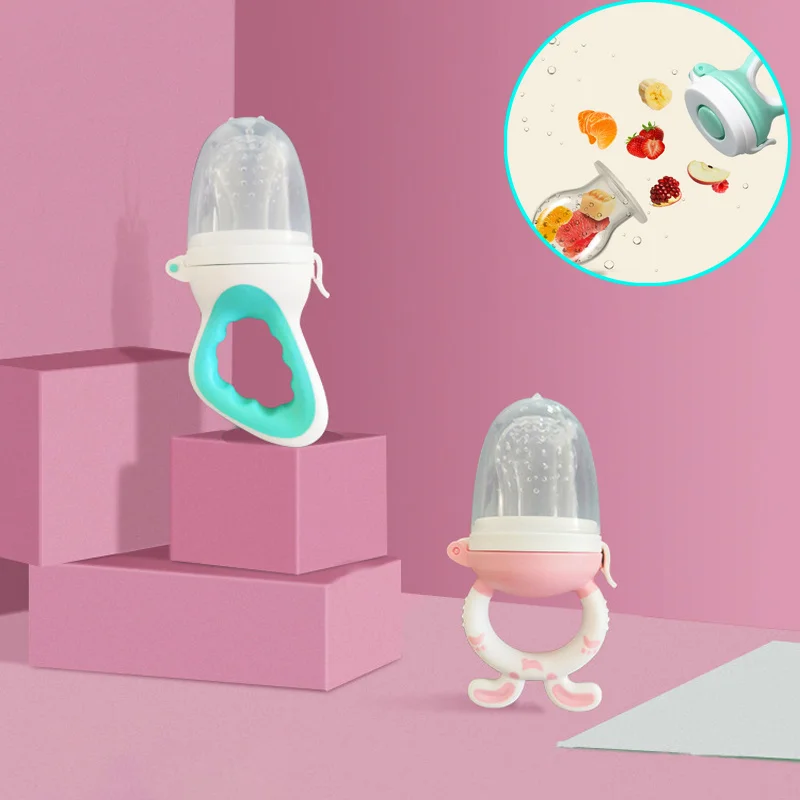Baby keeps spitting food out
Why Your Baby Spits out Food and What to do about it!
Your baby isn’t spitting out food to make you crazy, it’s happening for a reason. Learn why and how to help them learn to keep it in their mouth!
At first it seemed normal, they’re learning to eat after all.
The little puff, green bean, or cheese just slipped out of their mouth over and over again. At first, you were patient because they never ate anything before and obviously they were trying. But, as days and weeks went on, and your baby got older and bigger, the spitting out of food continued.
Maybe it seemed like it was even on purpose. Like they were actively trying to push it out.
Or, maybe it seemed like they didn’t care or didn’t even seemed to notice.
Either way, you’re getting worried because at some point, your baby needs to eat, they can’t live on your milk or formula forever.
This may sound like an unusual problem, but as a feeding therapist, it’s something I see all the time. When your baby spits out food all the time, they certainly aren’t being bad or trying to make you crazy. There is a reason and a way to move past it too!
When Should My Baby Be Able to Eat Real Table Foods Well?
It’s normal for babies to inadvertently lose a piece of food here and there and have it pop back out of their mouth. They are figuring out how to move their tongue, mouth, and jaw around together and sometimes food ends up falling out.
Most babies learn to eat table foods around 8-10 months old and we look for them to be eating table foods well from 10-14 months old.
As a feeding therapist, I look for babies to be keeping most of the food in their mouth by 10 months old. As with all milestones, there are a lot of factors, such as adjusted age of premature babies, and any other developmental delays that can affect that number though.
Oh No, Are They Behind?!
I share those ages here because I think all too often, parents are told to “just wait and see”. And, there is a time for that, but it’s also important to know when you need to start addressing a potential issue that could make it difficult for your child to learn to eat.
And, there is a time for that, but it’s also important to know when you need to start addressing a potential issue that could make it difficult for your child to learn to eat.
So your child isn’t necessarily behind, but if they are consistently having food fall out of their mouth at 9-10 months old and you’ve been trying for a few weeks or months, it is a sign that they need a little help.
Because, unfortunately for some babies, when they don’t get the hang of chewing and swallowing their food, it can lead to all sorts of feeding trouble, namely picky eating.
Ugh, Why Does My Baby Keep Spitting Out Food?
But, why does your baby or toddler keep spitting food out in the first place? Well, there are a few different reasons:
1. Oral motor skills – In my work, this is the most frequent reason babies spit out food. Oral motor is a fancy therapy way of saying coordinating the muscles in the mouth. Just like a 5 year old needs his fingers to tie his shoes well, a baby needs his tongue, cheeks, lips, and jaw to eat well.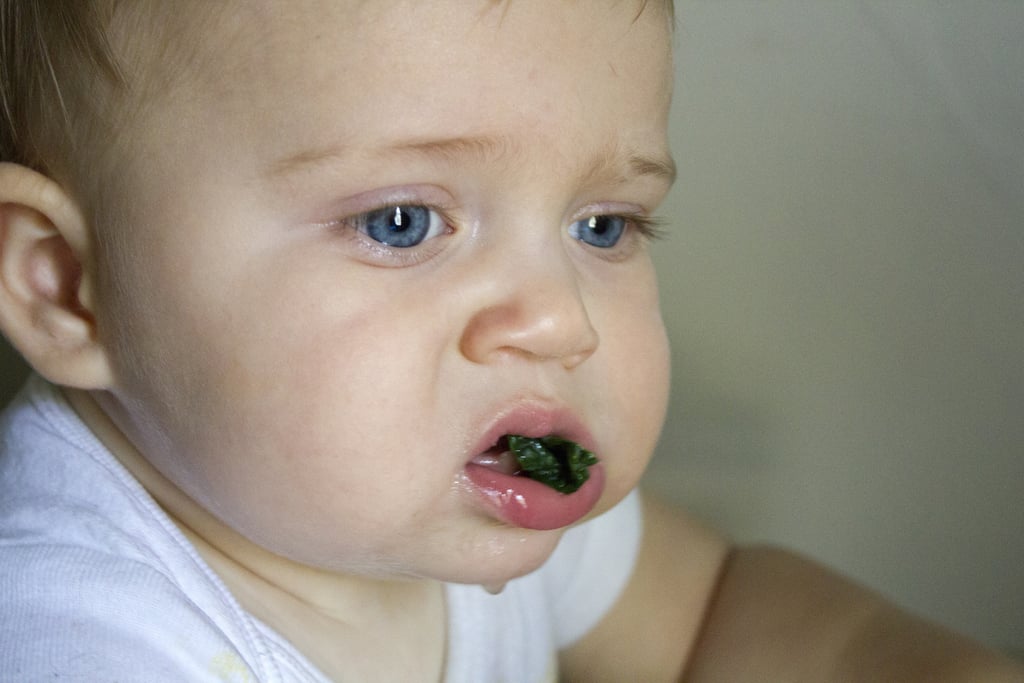 Sometimes it can be difficult to coordinate, and sometimes, it’s a lack of strength because the tongue is a giant muscle.
Sometimes it can be difficult to coordinate, and sometimes, it’s a lack of strength because the tongue is a giant muscle.
There are a ton of reasons why kids could have difficulty with oral motor skills, but what’s important to know is that if you see your child accidentally having food fall out of their mouth, this is likely the culprit.
Also, when your child seems not to chew, or mashes food with their tongue, oral motor skills can be the cause. It’s also possible that younger babies still on baby food can have a hard time pushing the pureed food back in their mouth, so instead, it just comes back out. It’s not really active spitting, but it sure can seem that way. Read more about oral motor skills.
2. Sensory processing – While there are a lot of babies and toddlers that have a sensitivity to different textures, most of them never get the food anywhere near their mouth, and if they do, they spit it out the second it touches their lips or tongue. That sensitivity they experience is a result of their sensory processing. Learn more about sensory and eating.
That sensitivity they experience is a result of their sensory processing. Learn more about sensory and eating.
But, it’s still possible that your child could take a little longer to figure out if they like the taste or texture of the food. If you see your baby deliberately spitting food out of their mouth, maybe even with some gagging, then their sensory processing is likely the reason behind the frequent spitting food out.
3. Normal spitting – And, of course, some babies have learned that they get a whole lot of attention when they spit their food out. They also could simply decide they can’t chew through a piece of chicken or feel that the watermelon was too big of a piece. In any of these cases, you’ll see your baby spit food out at you.
However, in this last instance, it’s not a pattern that’s repeated 100% of the time.
Most of the time, when a baby has food they’re spitting out or that’s falling out of their mouth all the time, it’s because of their oral motor skills.
Affiliate links used below. See our full disclosure.
What to Do When Your Baby Spits Out Food
When your baby is consistently spitting out food, it can be super overwhelming! If your baby is over 10 months old, it’s a good thing to ask your doctor about feeding therapy or look into it yourself, but there are some powerful strategies you can use at home too!
The first is to start using a toothbrush on your babies gums a couple of times a day. It sounds strange, but that toothbrush actually causes your baby’s tongue to move around. And, that actually helps to strengthen it!
Another idea is to give them teethers and other safe toys that they can practice chewing on. This helps to strengthen the tongue, but also the jaws, cheeks, and lips because they mouth on those toys and move them in all sorts of ways. This is one of my favorite teethers to use!
Lastly, you also want to push the food back in their mouth, just as it’s about to fall out.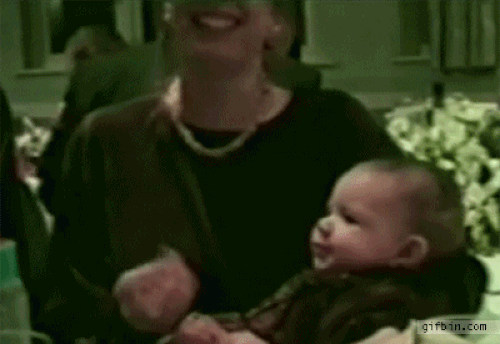 As you do that, push it firmly back on to their gums, and after they chew for a few seconds, you can experiment with giving them a sip of water or milk to see if that helps them swallow it down. Of course, you WON”T want to do that if you notice the food they spit out is never chewed because then it could be a choking hazard.
As you do that, push it firmly back on to their gums, and after they chew for a few seconds, you can experiment with giving them a sip of water or milk to see if that helps them swallow it down. Of course, you WON”T want to do that if you notice the food they spit out is never chewed because then it could be a choking hazard.
More Help for Babies and Toddlers That Spits Out Food
Those tips are a great start, but there’s a lot more where they came from! If your baby needs help with learning to eat table foods, then you’ll want to scoop up this free printable cheat sheet:
Click here to get the Free Learn How to Eat Table Foods Printable
I’ll send it right to your inbox! You’ll find my step by step tips to help your baby get on the road to eating well.
More on Table Foods for Babies and Toddlers
How to Transition Your Baby (or Toddler) to Table Foods Easily and Safely
Mega List of Table Foods for Your Baby or Toddler
When Can Babies Eat Cheerios, Puffs, & Other Foods Safely – Answered!
6 Tips to Get Babies and Toddlers to Stop Throwing Food!
Alisha Grogan is a licensed occupational therapist and founder of Your Kid’s Table.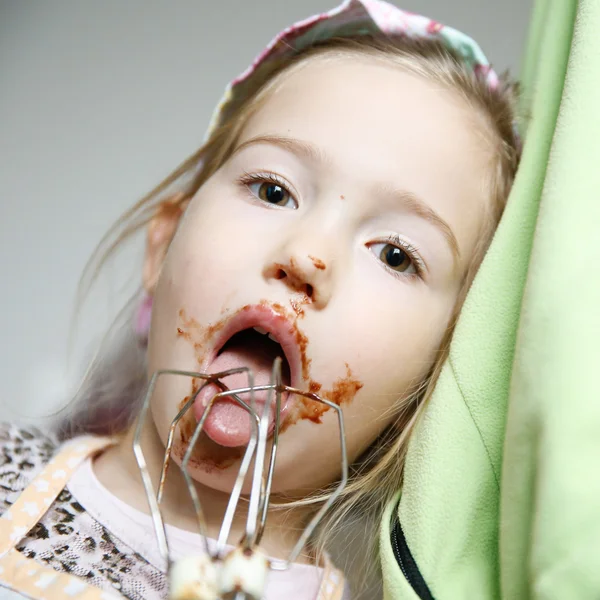 She has over 14 years experience with expertise in sensory processing and feeding development in babies, toddlers, and children. Alisha also has 3 boys of her own at home. Learn more about her here.
She has over 14 years experience with expertise in sensory processing and feeding development in babies, toddlers, and children. Alisha also has 3 boys of her own at home. Learn more about her here.
Why is my baby spitting out food?
Listen to this article:
Your browser does not support the audio tag.
Most babies go through phases where they spit out food, but it's important to keep in mind that they don't do it just to make you crazy. Even though it's never pleasant to be around a baby who spits food out regularly, you'll be relieved to learn that spitting food is totally normal and a necessary step of learning to eat.
To put your mind at ease, we put together a guide on how to deal with a baby spitting out food.
Why do babies spit out food?
To succeed in the process of making your baby eat independently, it's important to allow them to practice as much as possible so they can develop their skills.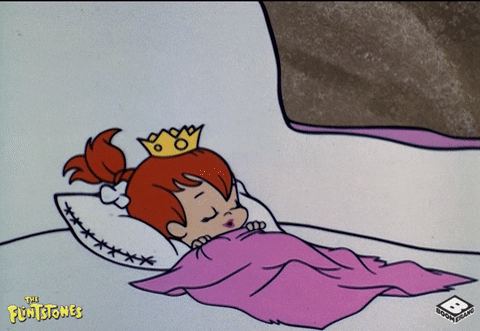 In most cases, this means that some food is going to be wasted in the process, and that's totally ok.
In most cases, this means that some food is going to be wasted in the process, and that's totally ok.
Babies need to learn how to make certain movements with their tongue and lips when they start eating solid food. Those movements are quite different from the movements required to bottle or breastfeed.
Above all, babies need to understand that they need to chew and swallow the food and not to spit it out. As mentioned above, all children go through the phase of spitting food, but why do they do it?
There are several reasons babies may spit out food. First, they may do it when they encounter foods with textures they aren't used to. They may like the taste, but the texture may feel strange to them, their instinct is to spit it out. Of course, there's always the possibility they don't like the taste of the food you're offering them.
Babies may also spit food because the bites you are offering them are too large. If the food is too large, the little one's instinct may be to spit it out to prevent choking. Try to offer them smaller bites and use a small spoon whenever possible.
Try to offer them smaller bites and use a small spoon whenever possible.
Moreover, babies have a tendency to swallow air while sucking and chewing, which means that their stomachs become very full, which makes them prone to spitting food out.
Sometimes, babies spit out food because they're teething, which may lead to an increased body temperature, feelings of tiredness and a general not-so-brilliant mood. If that's the case, it's important to be patient and understand that the baby may only want to eat certain things that don't make them uncomfortable. Since the baby can't let you know what they'd prefer for breakfast, some foods are going to be spit out.
Babies may also be interested in getting your attention too and spitting food may be a way to do that. Or they may spit the food out to let you know that they're already full.
And finally, let's not forget that a baby's main job is to discover the world around them. Sometimes, they may find it quite funny to play with food and see the noises it makes as it falls.
What to do when your baby spits out food?
There are not many things you can do to prevent the baby from spitting out food. The easiest and least frustrating way to deal with this issue is to let it be. Remember that your little one is only learning how to chew thoroughly, so intervening or letting them know you are disapproving of their behavior won't solve much.
When your baby spits out food, it's important to talk to them and acknowledge their behavior. For example, you can tell them things such as, "Wow, was that a big bite for you so you had to spit it out?" The more a baby is exposed to language that explains their actions, the more likely they are to learn.
If you know that your baby is in the spitting out phase and you're going somewhere where this behavior would be frowned upon, like a restaurant or your parent's house for dinner, follow these tips to limit the spitting out as much as possible.
- Make sure everything you offer the baby is easy to handle and to chew.

- Only offer the baby small amounts of food at a time.
- If someone makes a remark, a suitable answer would be to explain that the baby is still learning to chew and they're currently working on their swallowing skills.
It's essential to respect the baby's decision to refuse a certain type of food. Never force the baby to eat because that's a surefire way to undermine the health of the feeding relationship. Give your baby time to practice their chewing and swallowing skills, as these are not things babies can instantly be great at.
Some pediatricians recommend baby-led weaning, which allows babies and toddlers to control what and how much they eat. This is a strategy you could try if you notice that nothing else works and your baby is spitting food out all the time.
What to do if an older baby or toddler is spitting out food?
Sometimes you may find that babies that are close to one year old or even toddlers are spitting out food. If your baby has had lots of practice with finger foods and yet they are still spitting food out, here's what you can do:
- Always make sure the baby is hungry when you're offering them food.
 They should have the drive to swallow the food they're putting in their mouth instead of spitting it out. This doesn't mean that you should wait until they're starving, but instead, consider spacing out meals (including breastfeeding or bottles) about two hours apart.
They should have the drive to swallow the food they're putting in their mouth instead of spitting it out. This doesn't mean that you should wait until they're starving, but instead, consider spacing out meals (including breastfeeding or bottles) about two hours apart. - Offer the baby foods that encourage their side to move side to side while also providing the opportunity to bite on something, like veggies dipped in their favorite sauce, for example.
- Lead by example. Babies are great imitators, so place food in your mouth, show them that you chew it, swallow, then open your mouth and tell the baby how the food went into your belly. Chances are the little one will want to be just like their mom or dad and will swallow the food instead of spitting it out.
Sometimes, babies may spit out food because of a medical issue you're not aware of — they may have a sore throat, for example. If you believe the spitting may be because of such an issue, it's important to consult a pediatrician.
If your baby spits out the food regularly when you're feeding them, you may be worried they may not be eating enough. The good news is that even though they're spitting out a lot of food, babies and toddlers are likely getting enough food.
It's still a good idea to talk to your pediatrician, who will evaluate the baby's weight gain during the regular check-ups to see if everything is on track. Most of the time, it may look like a lot of food is coming out, but in fact, it might not be more than a tablespoon.
Parents may be tempted to offer the baby a "top off" in the form of milk, but that may lead to overfeeding, which can, in turn, cause reflux and become uncomfortable for the baby.
Bottom LineSpitting is a normal phase for just about any baby who's learning how to chew and swallow while also getting accustomed to various textures and tastes.
The best way to prevent the baby from spitting out food is by allowing them to explore food as much as they like and lead by example by patiently demonstrating to them how to do it right.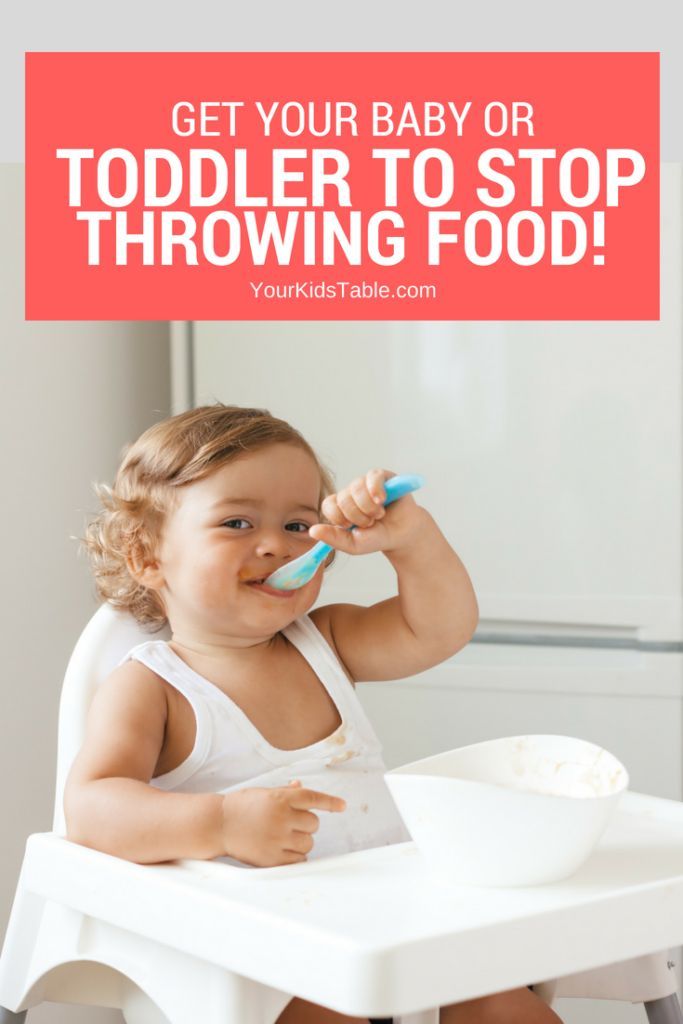
Finally, it's always a good idea to introduce the baby to various types of foods one by one to give them time to get accustomed to a specific texture and taste before moving to another.
The content and advice provided in this article is for informational purposes only and is not a substitute for medical diagnosis, treatment, advice for specific medical conditions. Always consult a pediatrician to understand the individual needs of your child.
Ana Reisdorf ,MS, RD
Ana Reisdorf has over a decade of experience as a Registered Dietitian and freelance writer. She has a passion for creating incredible health and nutrition content. She is the author of three books, as well as dozens of articles on food and wellness.
Share this article
Subscribe for weekly updates
Why does the child eat poorly? 5 reasons for not eating.

Question: How to feed a child? It has been in our family for 2 years now. As soon as the eldest turned 2, he began to eat worse. It seems to me that everything happened because I did not immediately give him a wide variety of products, but gave about the same thing every week. Today he is 4 years old and it is very difficult to offer him something new. For example, his brother, who only learns the goodies of this world with pleasure and eats a lemon.
Of course, it is difficult to immediately answer the question: “Why does the child refuse to eat?”. Many reasons can contribute to this, ranging from upbringing to health problems.
Pediatrician and mother of 3 sons, Alisha Grogan, identifies 5 reasons why children refuse to eat:
Medical we often overlook this. Well, at least it's not always deeply studied. There are two main culprits here: it is acid reflux and constipation . Both of these fairly common problems can put an end to the desire to eat.
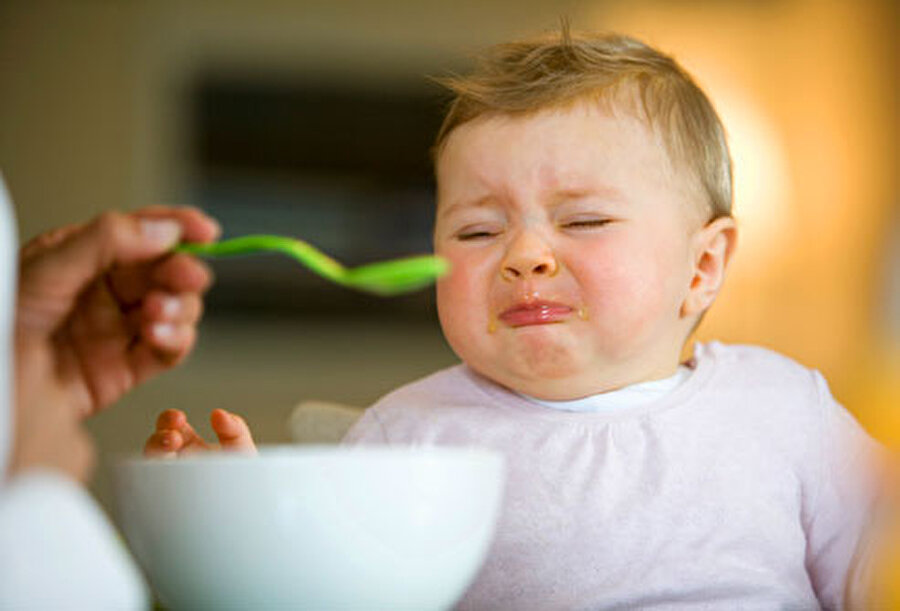 Although acid reflux is common in infants, it can also affect older children. Some kids are too young to say, others just can't put it into words.
Although acid reflux is common in infants, it can also affect older children. Some kids are too young to say, others just can't put it into words. Alisha's eldest son began to suffer from constipation at about the age of one. She had to keep a close eye on how much fiber he was eating. And as soon as his body overcame this problem, he began to eat well. Learn more about severe constipation in children and acid reflux, and natural remedies for them.
Sensory
Many picky eaters are very sensitive to food . Simply put, if something doesn't taste good, feels rough in the mouth or in the hands, they won't eat it. Pediatricians say that this is a kind of tactile protection. Such a problem occurs in ordinary children quite rarely, about 10-20%. In children with autism, 60-70%.
A child with sensory perception may not like the smell, color, texture, taste of certain foods . It can even cause vomiting. Verbal disgust also fits into this category.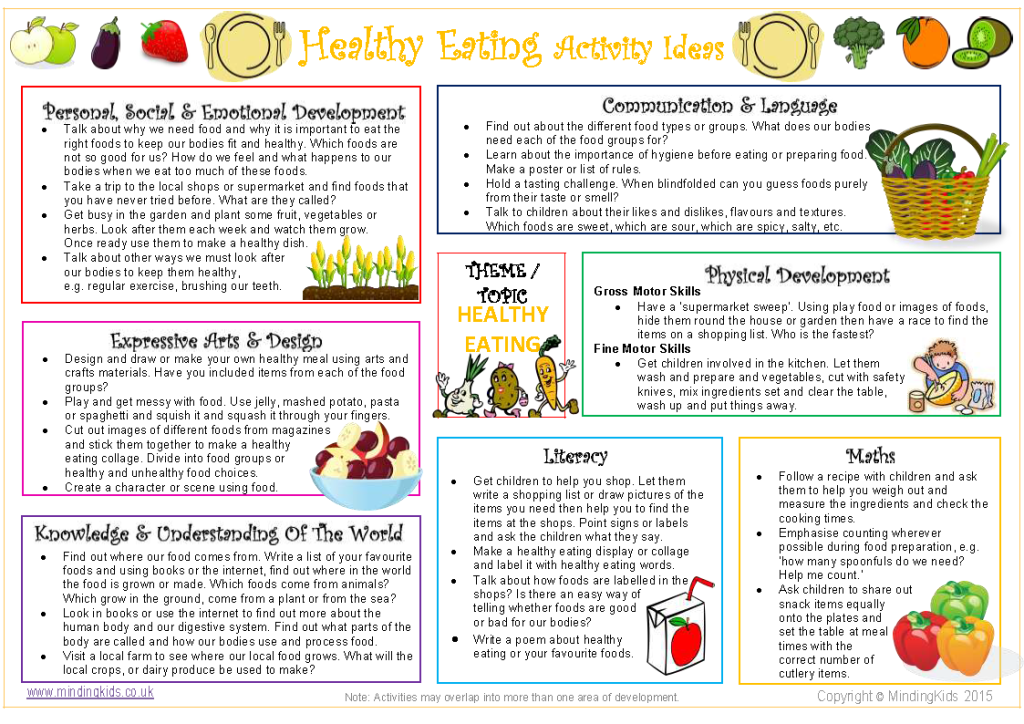 If the baby was fed through a tube, had a medical examination, suffered from severe vomiting, or had an incident in the oral cavity, then the child may be afraid that something will go into the mouth, and he will be very sensitive in this area. A child with sensory perception often hides under the guise of a "picky eater". Understanding that a child is refusing to eat from a sensory perspective will help develop a meal plan for picky eaters.
If the baby was fed through a tube, had a medical examination, suffered from severe vomiting, or had an incident in the oral cavity, then the child may be afraid that something will go into the mouth, and he will be very sensitive in this area. A child with sensory perception often hides under the guise of a "picky eater". Understanding that a child is refusing to eat from a sensory perspective will help develop a meal plan for picky eaters.
Oral motor skills. chewing skills.
Here you need to understand how well the child chews and swallows food. Of course, if the child is already over 2.5 years old, you can accurately cross out this item. Signs that the child does not know how to chew well: chokes while eating, spitting out half of what he took into his mouth. These babies may also have difficulty breastfeeding.
Children begin to refuse food, simply because they do not know how to chew it, or they are afraid that they will choke. They literally don't know how to swallow it. Therefore, they often eat only what does not cause fear in them. Due to the small diet, they may then encounter sensory perception of food, it will be difficult for them to get used to food that they have not tried.
They literally don't know how to swallow it. Therefore, they often eat only what does not cause fear in them. Due to the small diet, they may then encounter sensory perception of food, it will be difficult for them to get used to food that they have not tried.
Daily routine
What is it about? A certain diet plays a huge role in how well a child eats. Of course, there are children who can definitely eat without a schedule, but for most children, this regular routine is in dire need.
This can be difficult for parents, because we all have our own eating habits and daily routines. We often continue to do what is convenient for us, but this does not always teach children the right habits. If you don't have regular meals, pay attention to how your child eats. Do you often eat in front of the TV? Do you allow children to choose what they want to eat? If the child does not eat well, the reason may be a lack of a daily routine in nutrition.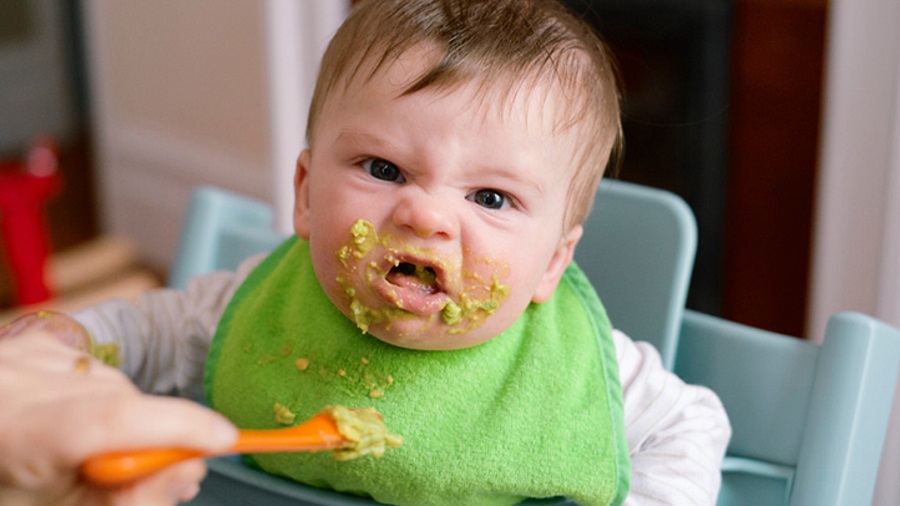
Often this is exacerbated by one of the other four reasons why children do not eat well. When there is a problem with food, we grasp at any straw just to feed the child. This is another way to instill bad eating habits.
There is another special moment. Children may eat very well at first, but at 1-2 years of age begin to be picky eaters . Of course, this cannot but upset my mother, and especially the grandmothers around. But whether we like it or not, that's okay. Children need to go through this stage as their taste buds mature and they want to bring some control of their own into their lives.
Behavior
Behavior is at the bottom of this list for a reason. It should be the last thing you think of . Many parents tell their parents that the reason for not eating is bad behavior. While behavior does matter, a very small percentage of children actually refuse food based solely on behavior.
Even babies know how to throw a toy or how to cry to get what they want.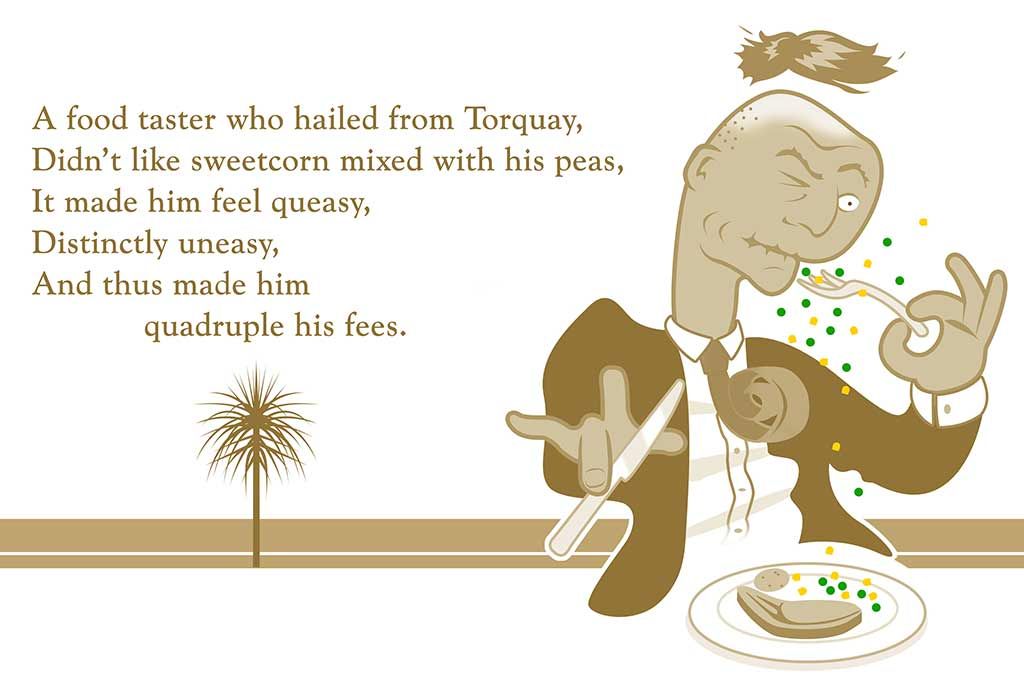 Of course, they will check the boundaries of permissibility while sitting at the table. But it won't last long. Nevertheless, one of the above properties becomes the cause of poor appetite or legibility in food.
Of course, they will check the boundaries of permissibility while sitting at the table. But it won't last long. Nevertheless, one of the above properties becomes the cause of poor appetite or legibility in food.
Original article published on the website: Your Kids Table.
chews but does not swallow food
Hello, Natalia! My baby is now 1.8 months old. weight 11 kg, height 83. She was born 3500, height 55 cm. On breastfeeding up to 1 year, then she herself abandoned (there were additional feedings from a bottle). At the age of 1, she weighed 10,500 and was 77 cm tall. Our problem is that our daughter does not want to eat solid food. For example, meat (beef, chicken) she likes […]
Hello, Natalia! My baby is now 1. 8 months old. weight 11 kg, height 83. She was born 3500, height 55 cm. On breastfeeding up to 1 year, then she herself abandoned (there were additional feedings from a bottle). At the age of 1, she weighed 10,500 and was 77 cm tall. Our problem is that our daughter does not want to eat solid food. For example, she likes to chew meat (beef, chicken), but does not swallow it, savor it and spit it out. Therefore, in order to at least get something, I grind it in a blender and add it to the soup, I push it with a fork, by the way, when there is a lot of meat in the soup, she also does not like and does not eat this soup. I tried to give steam cutlets, meatballs, soufflé - she doesn’t eat at all, she spits out. Vegetables also: cucumbers, Beijing cabbage, carrots - bite off, chop and spit out. He eats bread, but bites and spit out cookies, also cheese. We say swallow, she understands, but still spits out. In the form of salads, he does not eat vegetables at all, only some water that stands out.
8 months old. weight 11 kg, height 83. She was born 3500, height 55 cm. On breastfeeding up to 1 year, then she herself abandoned (there were additional feedings from a bottle). At the age of 1, she weighed 10,500 and was 77 cm tall. Our problem is that our daughter does not want to eat solid food. For example, she likes to chew meat (beef, chicken), but does not swallow it, savor it and spit it out. Therefore, in order to at least get something, I grind it in a blender and add it to the soup, I push it with a fork, by the way, when there is a lot of meat in the soup, she also does not like and does not eat this soup. I tried to give steam cutlets, meatballs, soufflé - she doesn’t eat at all, she spits out. Vegetables also: cucumbers, Beijing cabbage, carrots - bite off, chop and spit out. He eats bread, but bites and spit out cookies, also cheese. We say swallow, she understands, but still spits out. In the form of salads, he does not eat vegetables at all, only some water that stands out.


